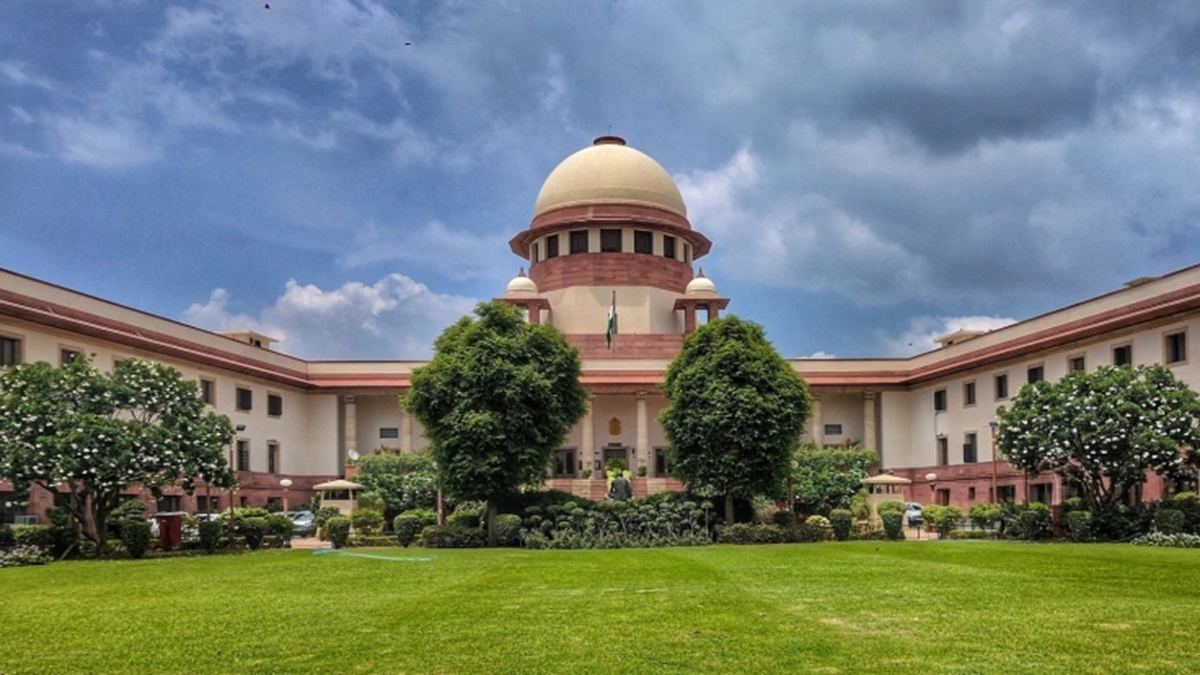Fulleshwar Gope v. Union of India
(2024 SC)
Court: Supreme Court of India
Bench: 2 Judges Bench
Date: 23rd September 2024
Parties:
Appeallant: Fulleshwar Gope
Respondent: Union of India
Introduction:
This case involved Fulleshwar Gope, who challenged certain actions or inactions of the Union of India concerning rights or entitlements under specific laws or schemes. The petitioner alleged violations of rights guaranteed under the Constitution or specific legislative frameworks, potentially related to welfare schemes, land rights, or other entitlements. The case arose in a backdrop where the petitioner felt aggrieved by governmental decisions or policies impacting his rights or benefits. In this case, Fulleshwar Gope filed a petition in the Supreme Court seeking redressal for grievances related to the alleged failure of the Union of India to uphold legal or constitutional obligations. The petitioner’s counsel argued that the actions of the government violated fundamental rights, seeking intervention from the Supreme Court to enforce compliance with legal standards.
FACTS:
The appellant in this case, Fulleshwar Gope, was an associate of People’s liberation Front (hereinafter referred to as PLFI) and was acquainted with the fact that Dinesh is a terrorist and chief of PLFI who collects money through extortion. He is further alleged to have conspired and formed an unlawful association with members of PLFI. FIR was registered against six persons under section 212,213, 414 of IPC and SS. 13, 17, 40, of Unlawful Activities (Prevention0 Act, hereinafter referred to as UAPA. A charge sheet was filed and JMFC took cognizance. A supplementary chargesheet was filed by NIA wherein appeallant was named as a witness for the prosecution. The appeallant was subsequently arrested. The petitioner’s counsel argued that the Union’s decisions were discriminatory and violated constitutional protections. The government’s defense focused on justifying its actions as compliant with legal standards. The Supreme Court heard arguments from both sides, considering the legal implications and rights at stake.
Issues:
- The legality of the Union’s actions concerning the petitioner.
- The adequacy of legal protections provided to individuals under relevant laws.
Judgement:
- The Supreme Court affirmed the protection of individual rights against arbitrary state actions, emphasizing the need for fairness and accountability.
- The Court may have ordered the Union of India to take corrective measures or provide the petitioner with the entitlements sought.
- The ruling likely cited previous cases reinforcing the principles of justice and the rights of individuals against governmental actions.
Conclusion:
This case underscored the judiciary’s role in protecting citizen rights and ensuring government accountability. The decision served as a reminder of the importance of adhering to constitutional mandates in the delivery of justice and welfare. The Supreme Court’s decision would serve to reinforce legal standards and ensure government accountability in the protection of citizens’ rights.


Add a Comment